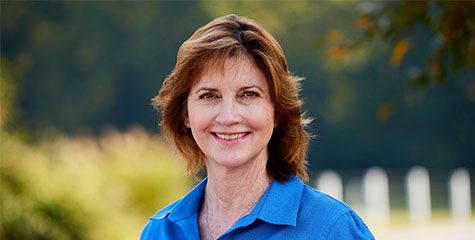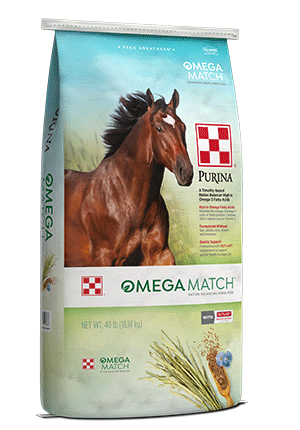
Ration Balancer for Horses: Feeding for a Healthy Weight
Nutrition : General Nutrition
Care : Weight Management
The challenge with forages and feeding horses
 Horses have evolved over millions of years as grazers, roaming around selecting the best forages they could find. However, today’s horses are typically limited to a single type of forage in one geographic area. Pastures in the same area or even different sections of the same pasture can have inconsistent nutrient values. Unfortified grains such as straight oats and corn can also have variable amounts of protein, minerals and vitamins.
Horses have evolved over millions of years as grazers, roaming around selecting the best forages they could find. However, today’s horses are typically limited to a single type of forage in one geographic area. Pastures in the same area or even different sections of the same pasture can have inconsistent nutrient values. Unfortified grains such as straight oats and corn can also have variable amounts of protein, minerals and vitamins.Hay, pasture and unfortified grains may be able to maintain a horse in adequate body condition but will be deficient in nutrients needed to support optimal muscle, hoof growth, skin, hair and overall health. Help your horses achieve the nutritional balance they once derived naturally with a ration balancer.
Use a ration balancer for horses
A concentrated, pelleted ration balancer such as Purina® Enrich Plus®, Purina® Enrich Plus® Senior, or Purina® Omega Match® Ration Balancing Horse Feed can help offer ration consistency and provide the proper balance of protein, vitamins and minerals without unnecessary calories. It may be fed as a horse’s sole ration or added to unfortified grains, along with quality hay or pasture.Ration balancers are best suited for:
- Easy Keepers: Help them maintain balanced nutrition on hay or pasture alone.
- Young, Growing Horses: Meet required concentrated nutrition to support growth and development, but with fewer calories when youngsters are getting too fat or growing too fast.
- Horse in Light to Moderate Work, Stallions & Early Gestation Mares: Supply a more concentrated source of protein, vitamin and mineral supplementation when they may not need the calories from feeding more pounds per day of other feed products.
Controlling weight with a ration balancer for horses
 In free-choice grazing situations, horses can become overweight or even obese. Here are four tips to help manage your horses’ weight.
In free-choice grazing situations, horses can become overweight or even obese. Here are four tips to help manage your horses’ weight. - Restrict time spent grazing to a few hours per day or reduce the amount of hay offered to 1.5 to 2% of their body weight to help control calorie intake.
- Watch for nutritional deficiencies in the diet. Simply decreasing the amount fed can result in nutritional deficiencies in the diet when the feed is designed to be fed at higher feeding rates.
-
Feed a ration balancer such as Enrich Plus®, Enrich Plus® Senior or Omega Match® Ration Balancing Feed to help ensure a properly balanced diet with a low feeding rate.
- Use the system developed at Texas A&M University to determine if your animal is thin, fat or just right.
Each horse is unique. Set your horses up for success with the proper feed and put them on their own path to greatness.
Looking for the right feed to keep your horse in shape? Sign up for the Feed Greatness® Challenge to try a Purina® horse feed.*
*The Feed Greatness® Challenge is a 30-day feeding trial where you will feed Purina® feed, monitor your horse's performance and health, take pictures and receive emails with helpful information.




